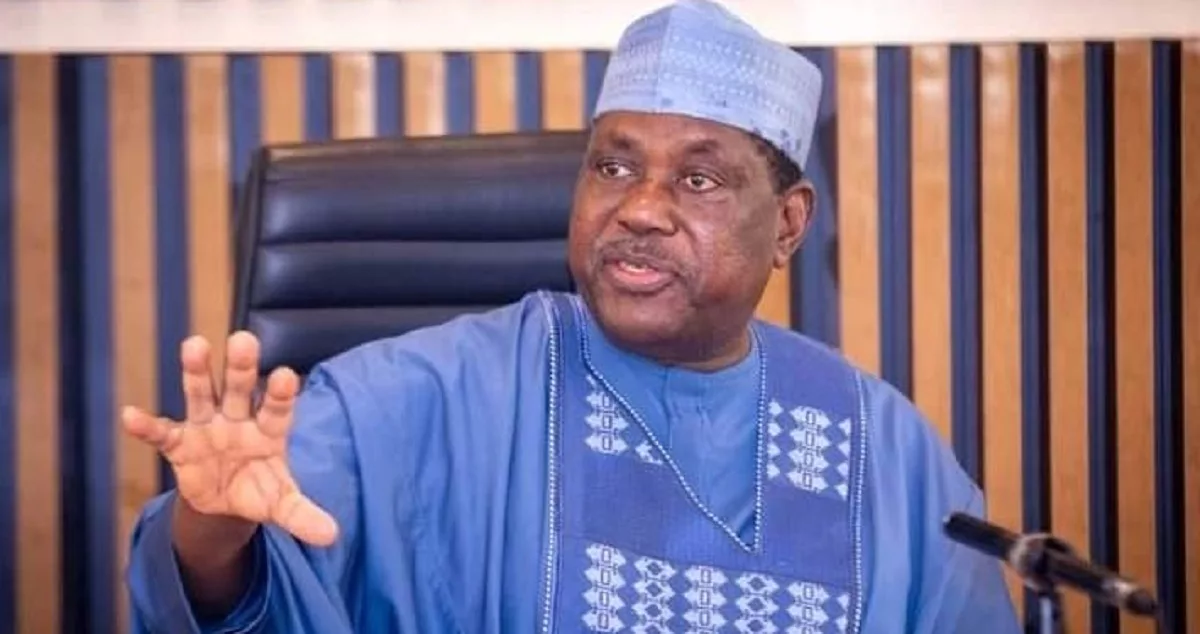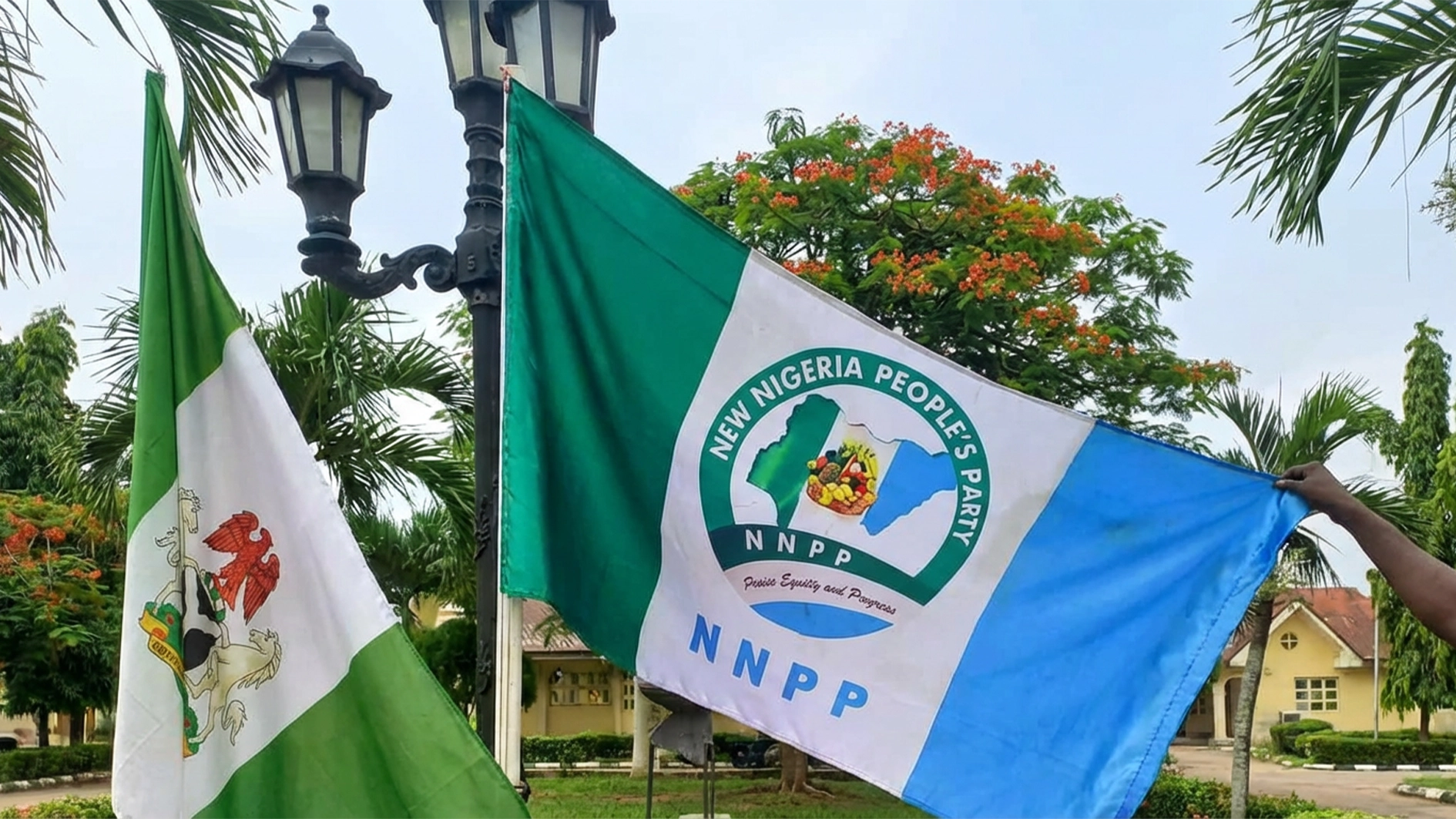The weekly Citizens’ Engagement Programme of the Jigawa State Government turned chaotic in Kiri-Kasamma Local Government Area, the 22nd council visited out of 27, as residents protested the poor representation of their political office holders.
The incident led to the vandalism of some government vehicles, including those in Governor Umar Namadi’s convoy and the NUJ Correspondents’ Chapel bus.
The unrest occurred in the Tarabu District of Kiri-Kasamma Council when Governor Namadi arrived to flag off the award of township road projects in the area.
Trouble began shortly after the governor’s speech when some youths disrupted the event, preventing the council chairman from addressing the crowd.
The protesters chanted in Hausa, “Ba ma yi, ba ma so,” meaning “You are a failure, we don’t want you,” accusing the local officials of poor performance and neglect. The situation forced the governor to intervene to calm tensions and restore order.
A similar scene unfolded at the main venue of the Citizens’ Engagement Programme in Kiri-Kasamma town, where government officials were expected to present their stewardship and receive feedback from the public.
The programme, however, ended abruptly following a breach of protocol and poor organization by the event’s coordinators.
Both state and federal legislators representing the area were also booed by the crowd over alleged poor representation and unfulfilled promises.
An eyewitness, who spoke on condition of anonymity, said the anger stemmed from frustration over the leaders’ failure to provide employment opportunities or visible development projects.
“Since they were elected, they have done nothing to empower us. They only serve themselves at the expense of the poor masses,” the witness said.
Despite the unrest, Governor Namadi went ahead to commission a power project linking nine villages—Tage, Ilallah, Siga, Garin Wakili, Fandunan, Gafta, Baturiya, Una, and Barmaguwa—to the national electricity grid.
He described the project as another milestone in his administration’s commitment to improving the living standards of rural dwellers through access to power and basic infrastructure.
Speaking later at the engagement venue, Governor Namadi reaffirmed his administration’s determination to continue executing people-oriented projects across all local government areas.
“This programme is designed to keep the government close to the people. It allows us to listen, assess our performance, and plan better in line with citizens’ priorities,” he stated, emphasising that the Citizens’ Engagement Programme remains a vital tool for transparency, accountability, and inclusive governance.






